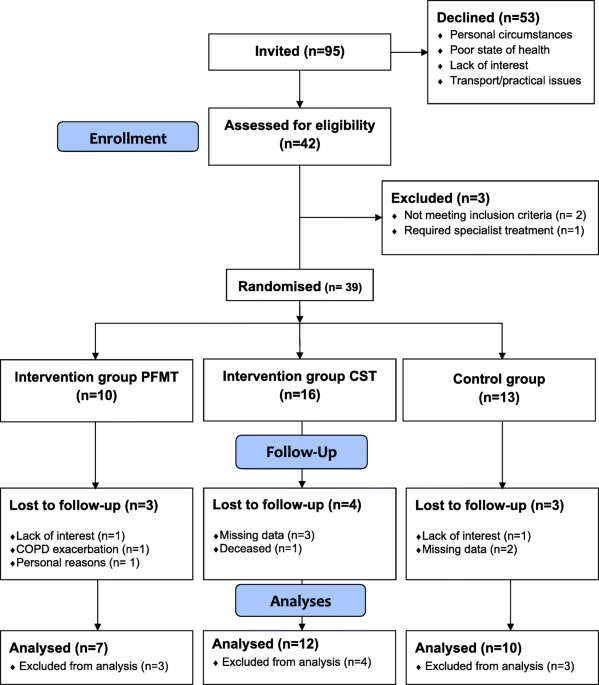
Treatment of urinary incontinence in women with chronic obstructive pulmonary disease—a randomised controlled study, Trials
Background Little is known regarding treatment of urinary incontinence (UI) in women with chronic obstructive pulmonary disease (COPD). The aim of the study was to explore the efficacy of pelvic floor muscle training (PFMT) or cough-suppression techniques (CST) on UI in women with COPD. Methods A three-armed, two-centred, single-blinded, randomised controlled study was performed. Subjects were randomised to (a) PFMT for 16 weeks, (b) 2–3 educational sessions in CST, or (c) written information only. All participants completed questionnaires about UI, cough symptoms, and health status and underwent clinical examinations to evaluate the strength of the pelvic floor muscles and exercise capacity. Daily physical activity levels were measured using an activity monitor and lung function with spirometry. With a significance level of 5% and an 80% chance of detecting a significant difference between groups of 2.5 points on the ICIQ UI SF score, our sample size calculation showed that a total of 78 women, 26 in each group, was required to complete the study. Results During the period 2016 to 2018, 95 women were invited to the study. A total of 42 were recruited, three were excluded and 10 (24%) dropped out during the follow-up period. Mean ICIQ-UI SF total baseline score was 9.6 (range: 1–17) and 7.0 (range: 0–16) at follow-up. Changes in subjective UI as measured with the ICIQ-UI SF questionnaire were seen in the PFMT group and control group, but not in the CST group. Conclusion Due to the low number of available participants and recruitment difficulties including practical issues such as travel distance, lack of interest, poor state of health, and high number of comorbidities, our results are inconclusive. However, reduced subjective UI was observed in the PFMT and control groups with a trend towards best effect in the PFMT group. Screening for UI is advisable in all women with COPD to be able to identify and treat these women to reduce symptom burden and improve quality of life. Future studies should focus on barriers to recruitment as well as randomised controlled studies with larger sample sizes. Trial registration ClinicalTrials.gov NCT02614105. 25th November 2015.
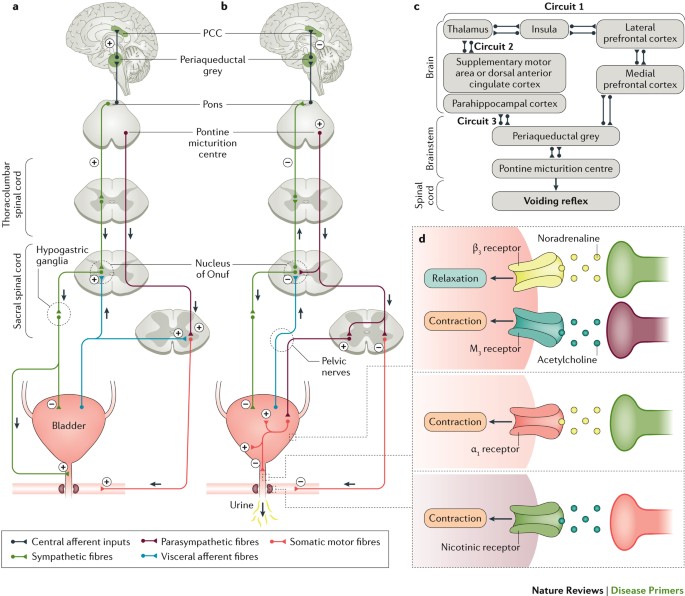
Urinary incontinence in women Nature Reviews Disease Primers

PDF) Urinary incontinence associated with pharmacological treatment of Chronic Obstructive Lung Disease: An integrative review
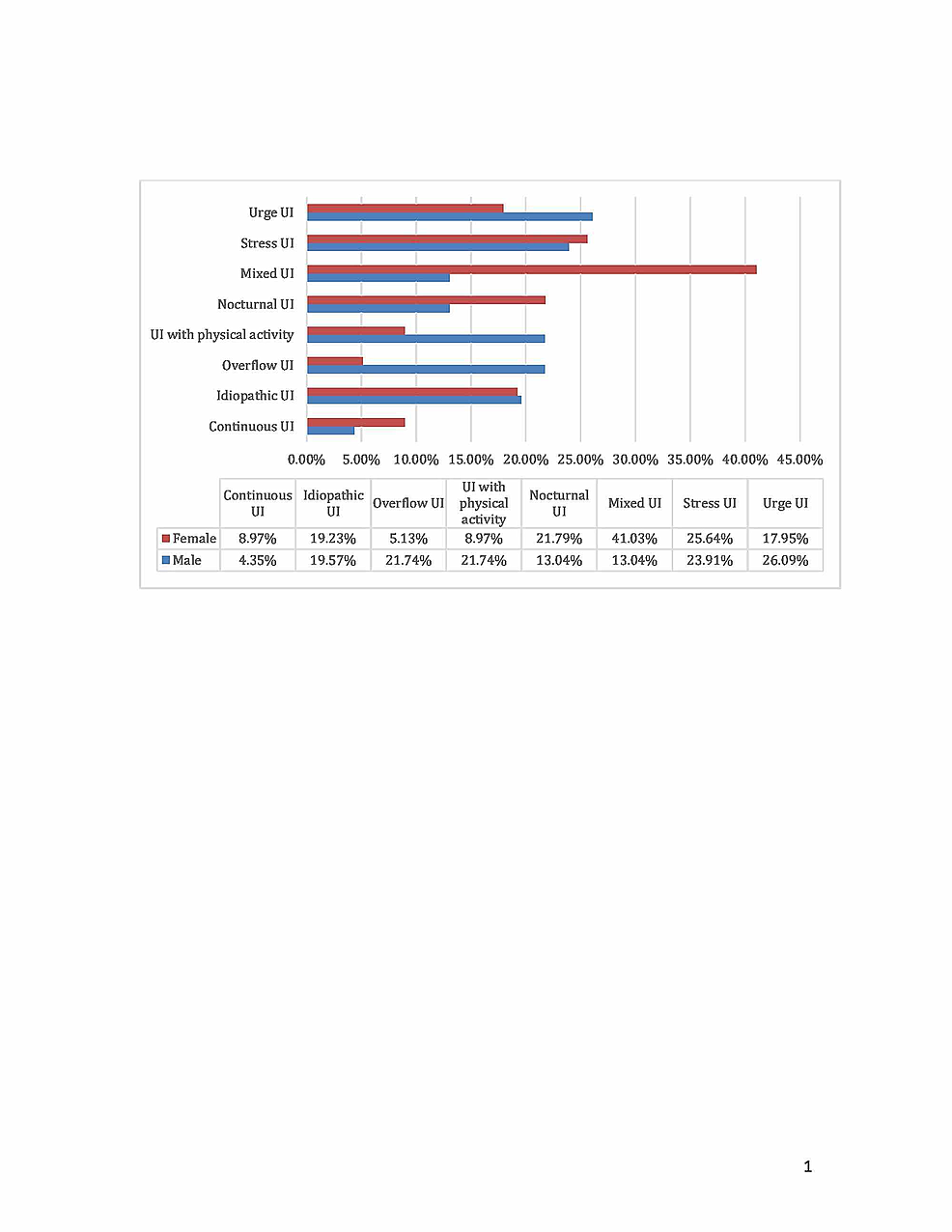
Cureus Effect of Urinary Incontinence on the Quality of Life of Older Adults in Riyadh: Medical and Sociocultural Perspectives
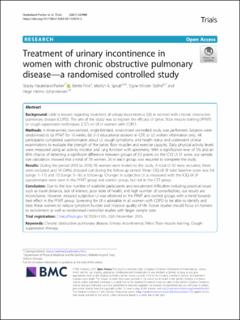
HVL Open: Treatment of urinary incontinence in women with chronic obstructive pulmonary disease—a randomised controlled study

PDF) Nonsurgical Treatments for Urinary Incontinence in Women: A Systematic Review Update
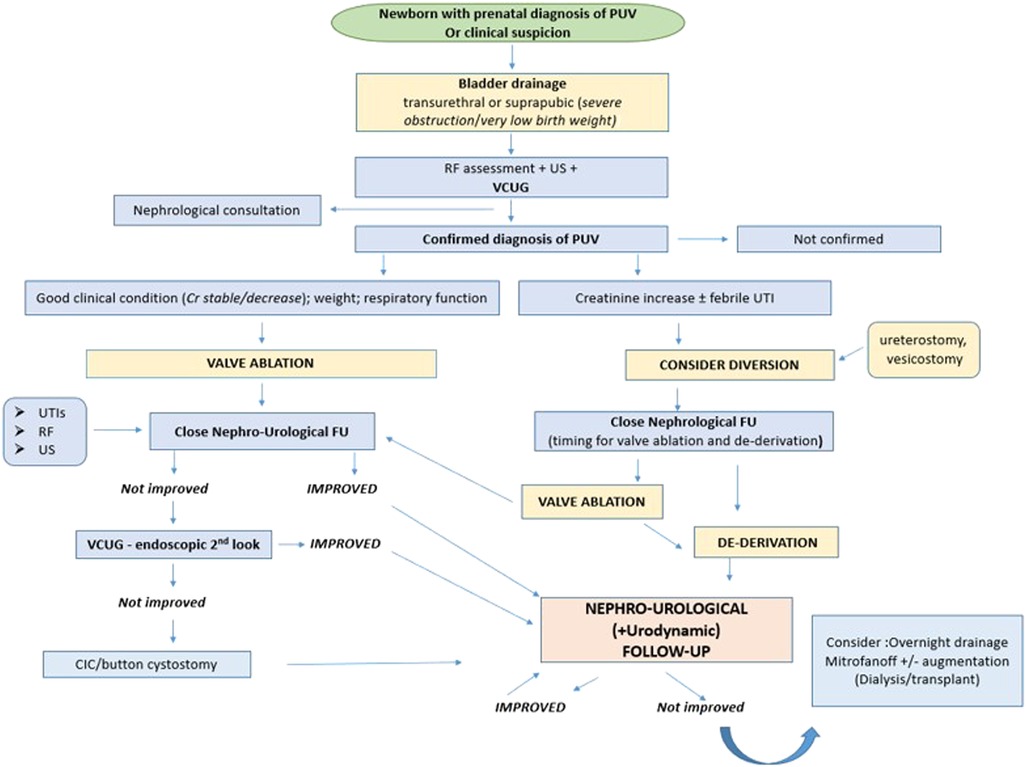
Frontiers Posterior urethral valves: Role of prenatal diagnosis and long-term management of bladder function; a single center point of view and review of literature

PDF] Patient-Reported Outcomes (PROs) in COPD Clinical Trials: Trends and Gaps

Urinary Incontinence in Midlife According to Weight Changes Across and After Childbearing Years
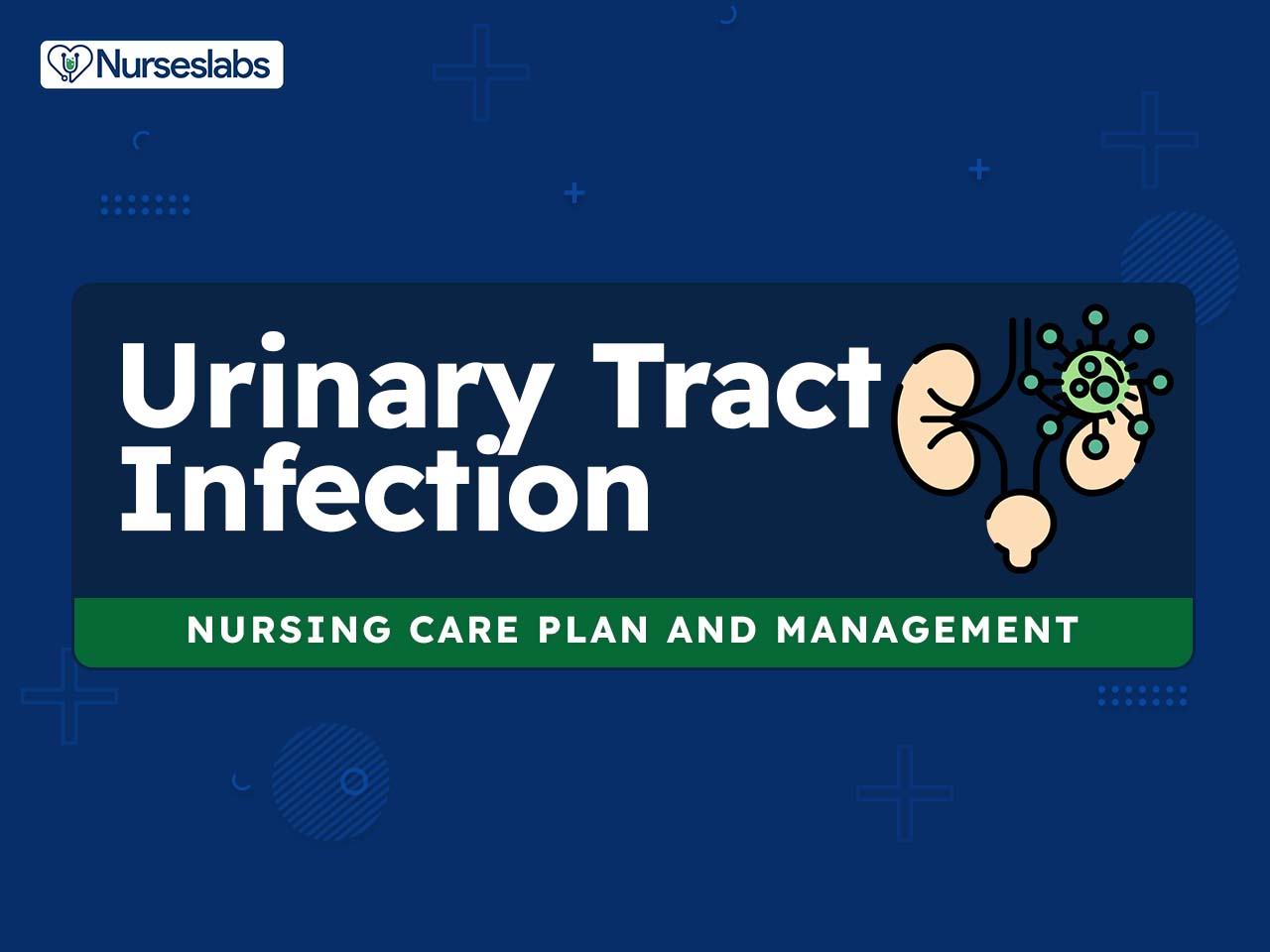
7 Urinary Tract Infection Nursing Care Plans - Nurseslabs

Adult male stress and urge urinary incontinence - A review of pathophysiology and treatment strategies for voiding dysfunction in men.
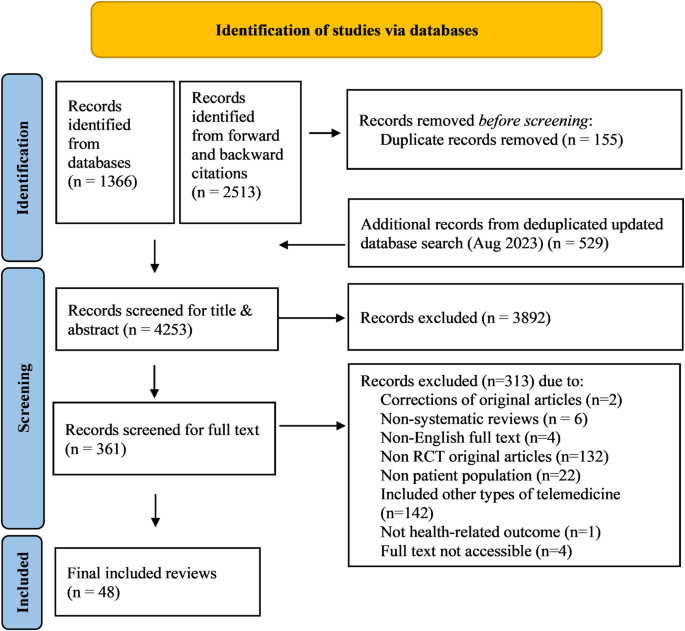
An umbrella review of effectiveness and efficacy trials for app-based health interventions
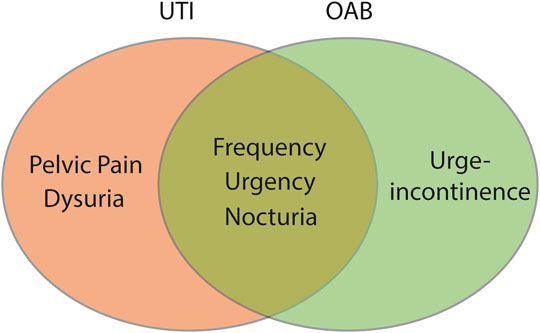
Frontiers Urinary Tract Infection in Overactive Bladder: An Update on Pathophysiological Mechanisms

Effectiveness of interventions for managing multiple high-burden chronic diseases in older adults: a systematic review and meta-analysis
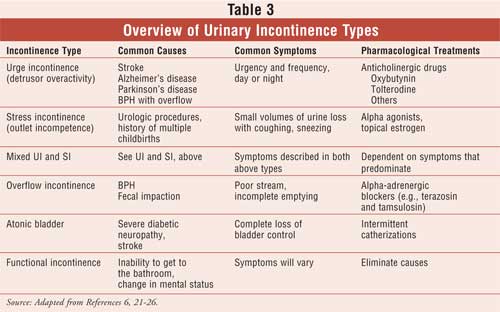
Urinary Incontinence
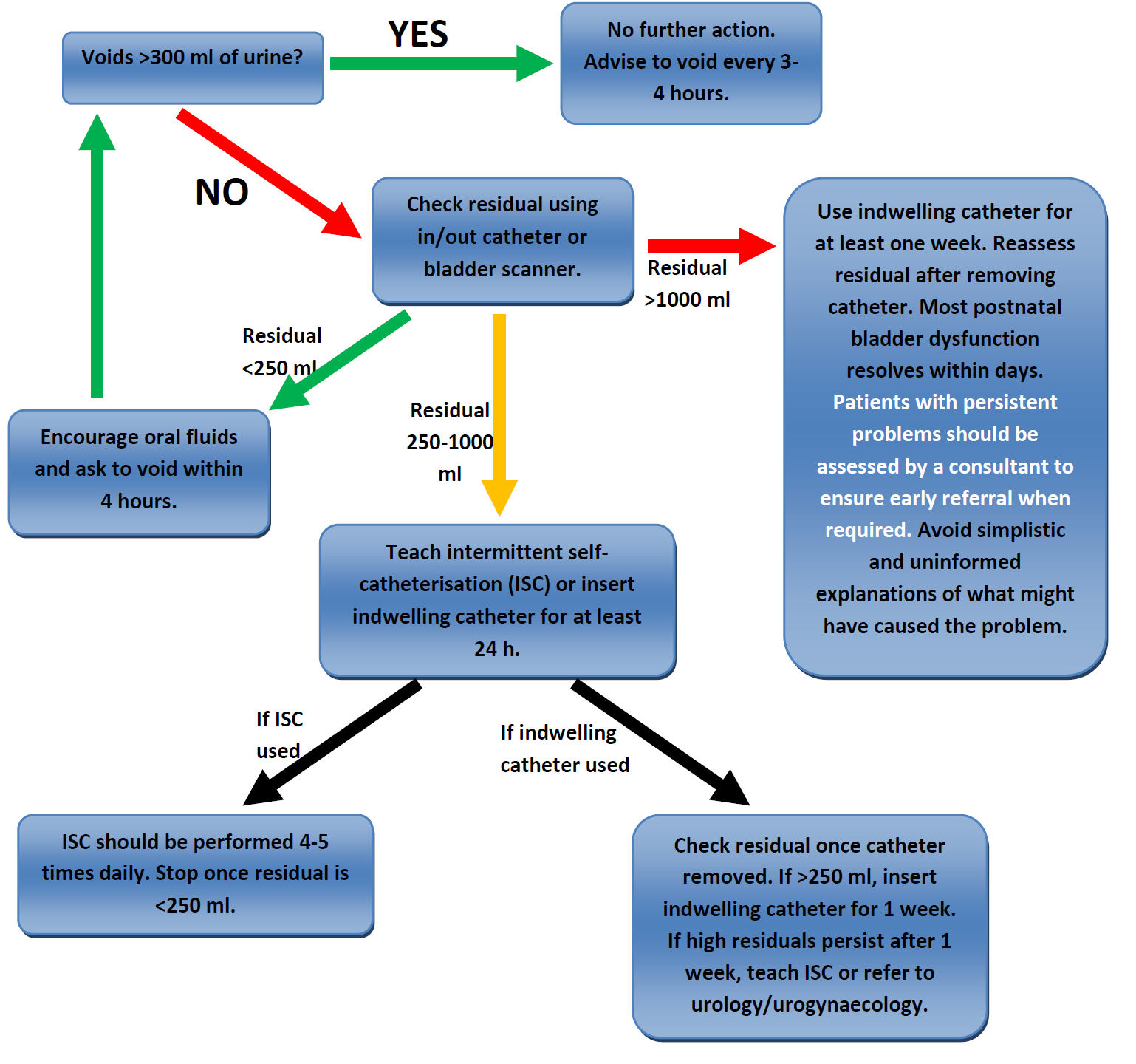


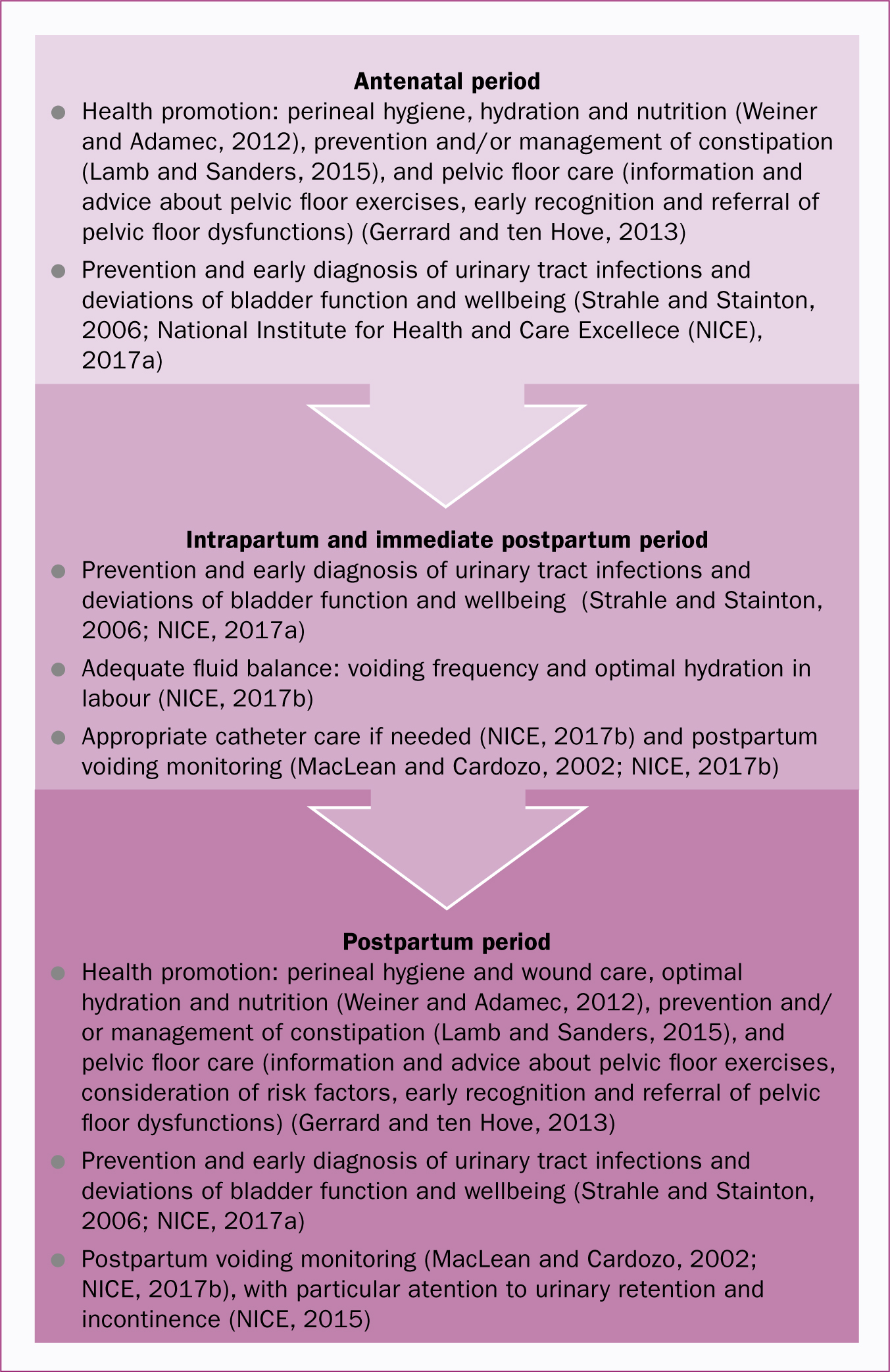



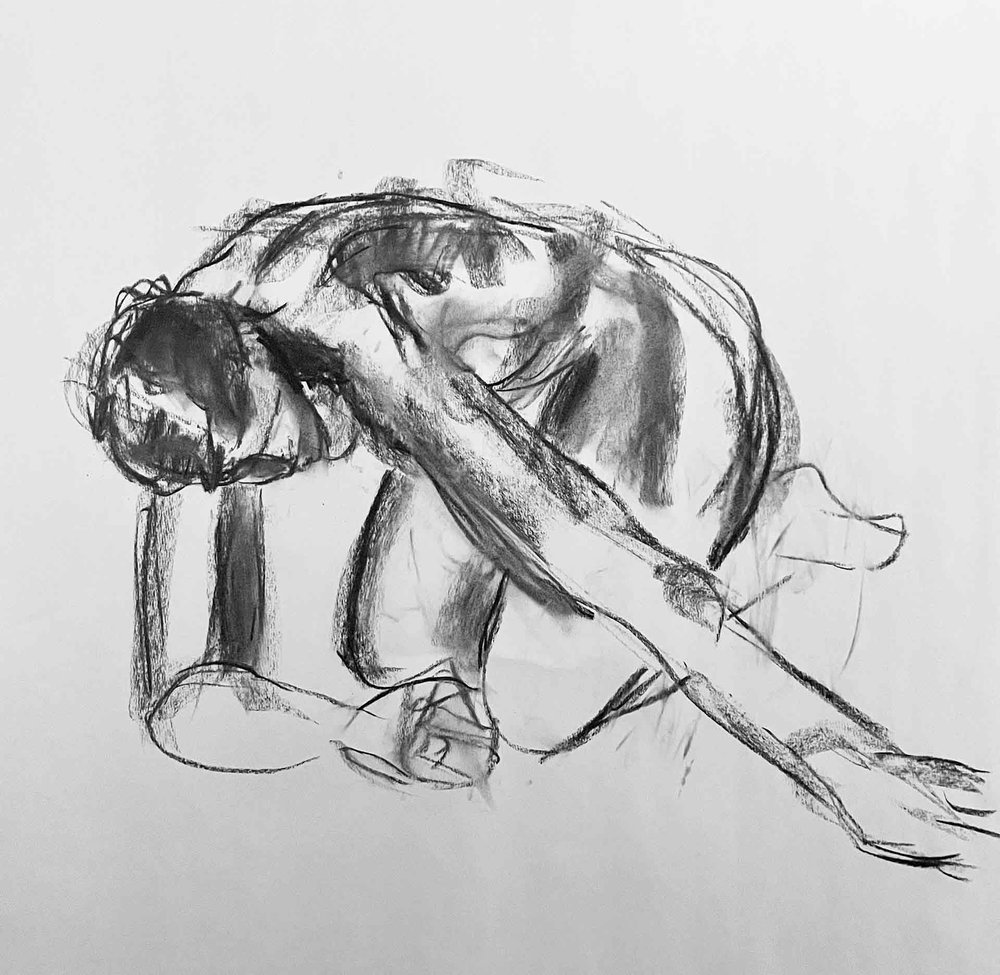
)
